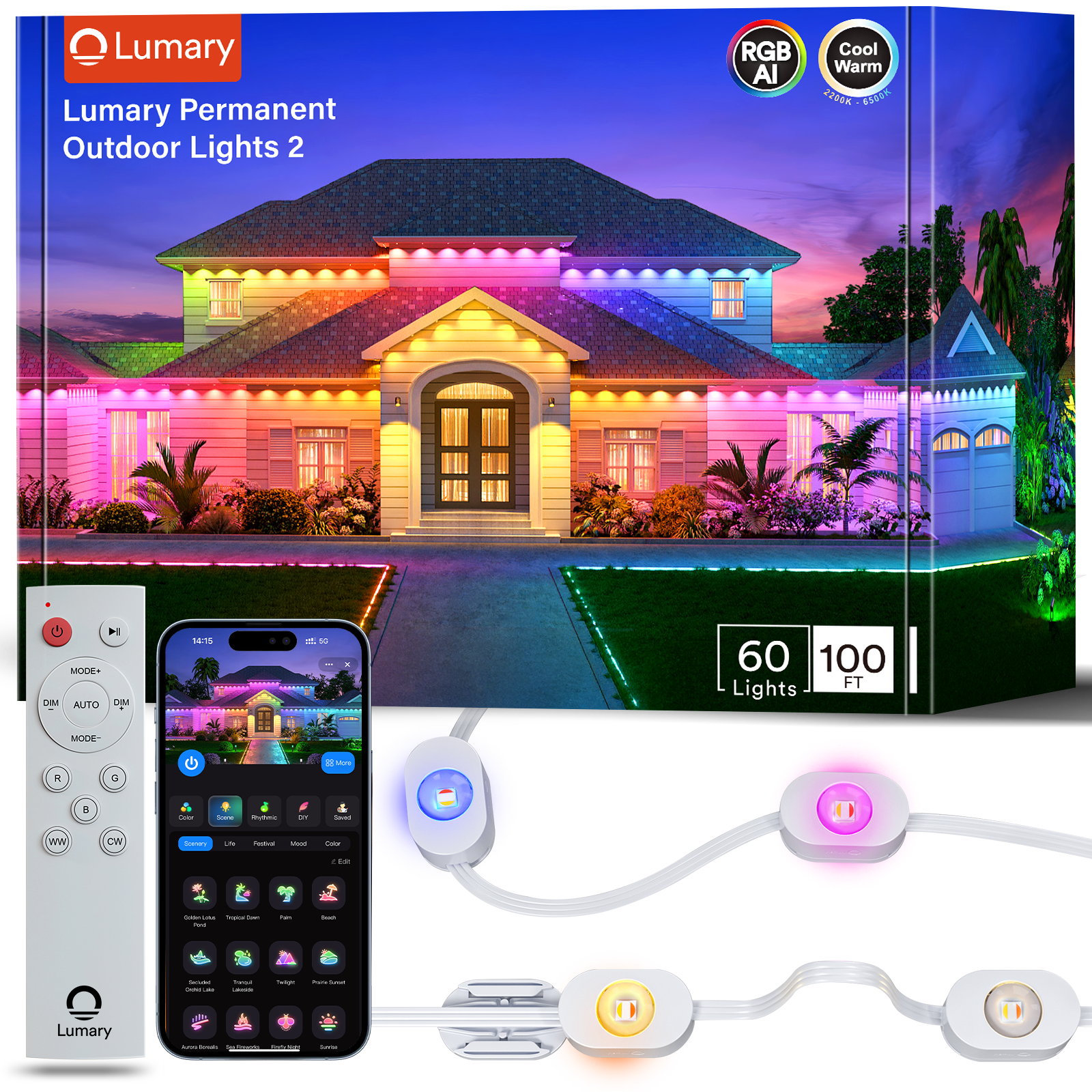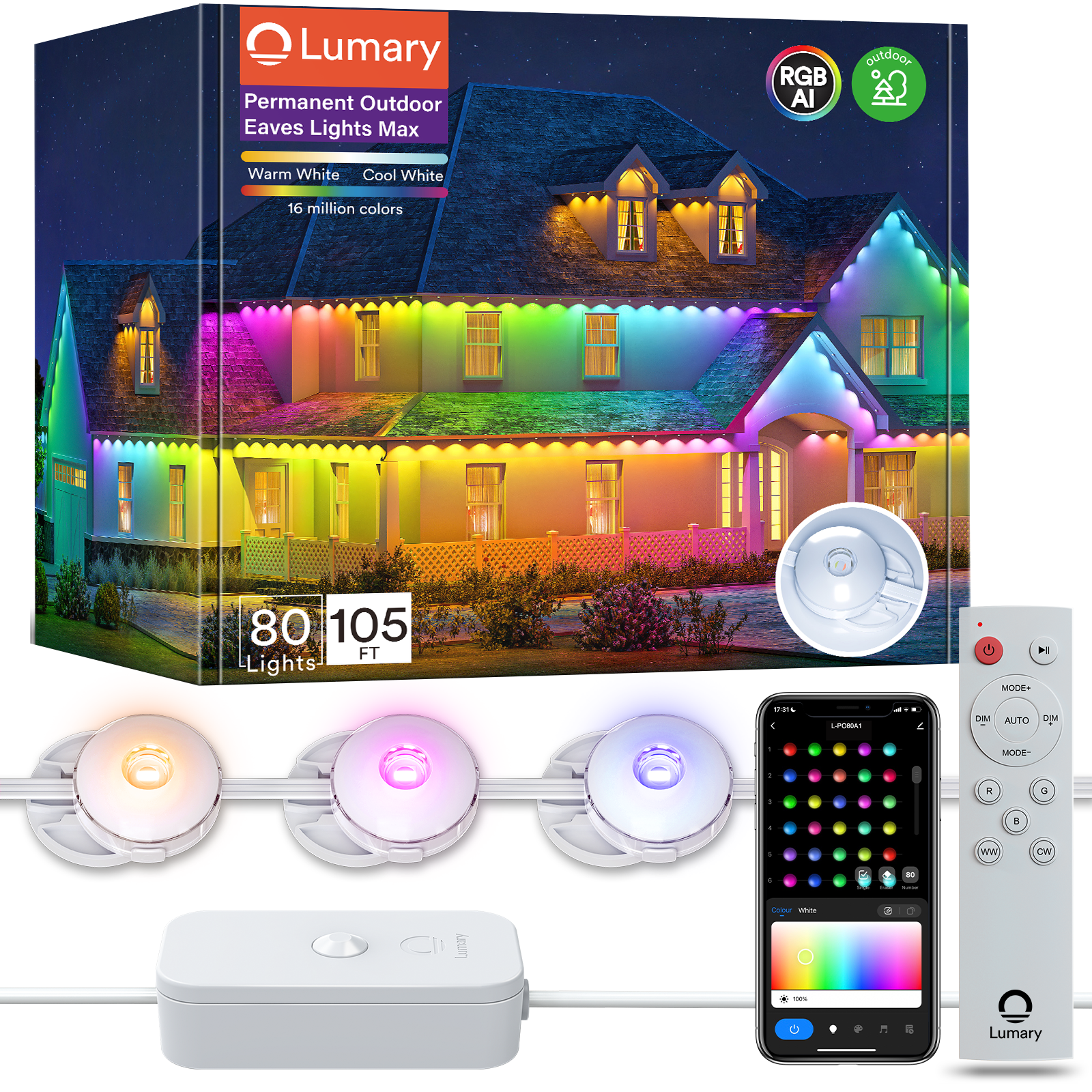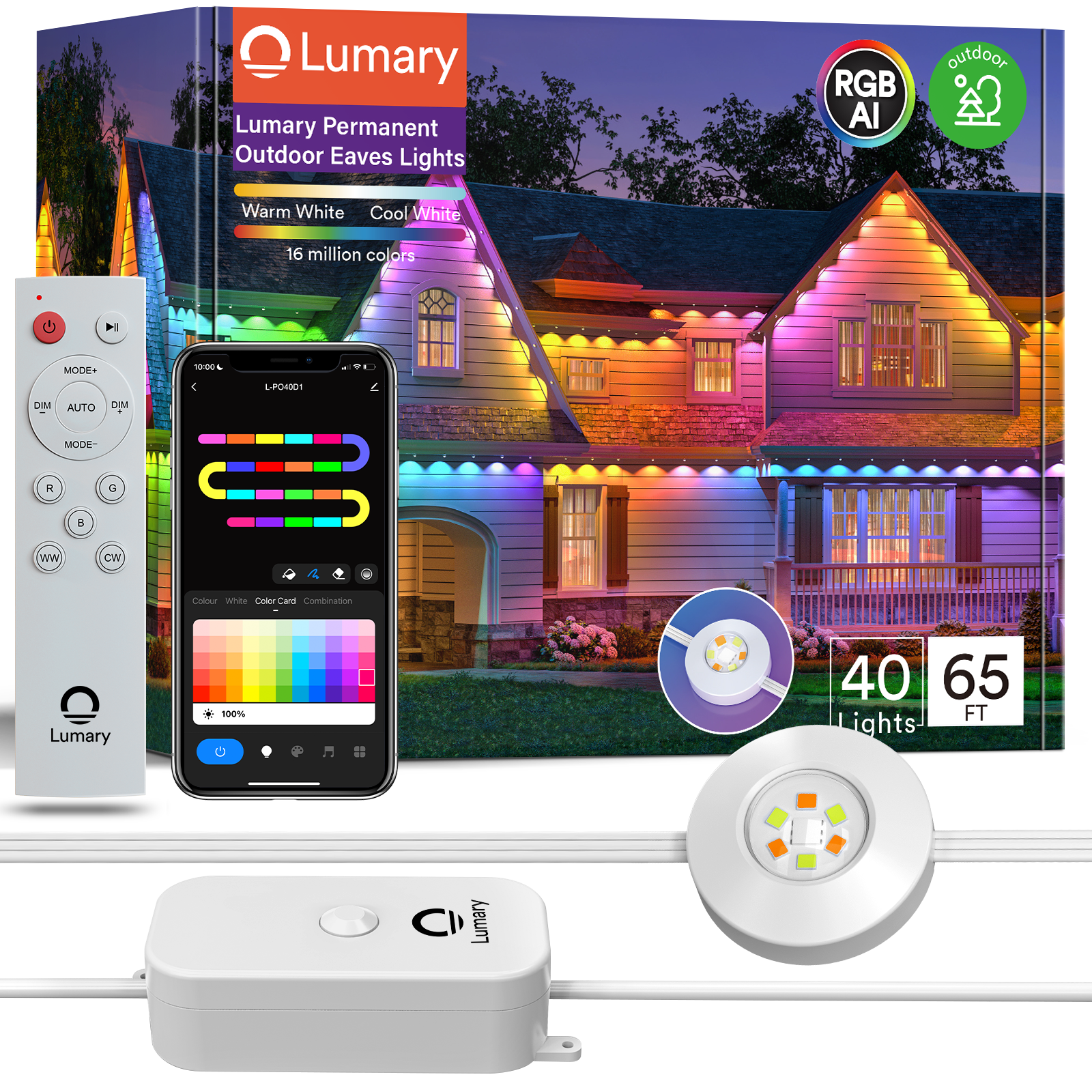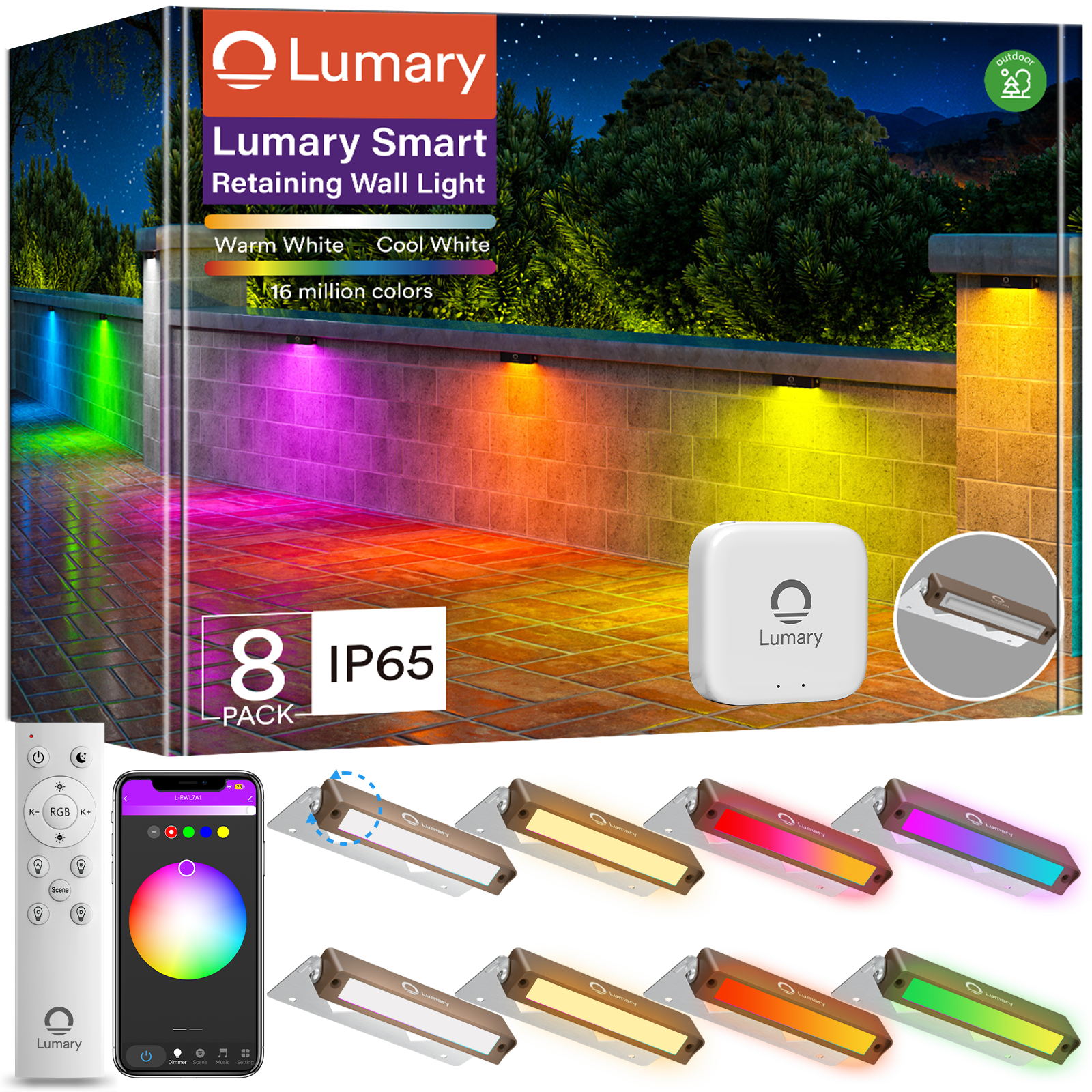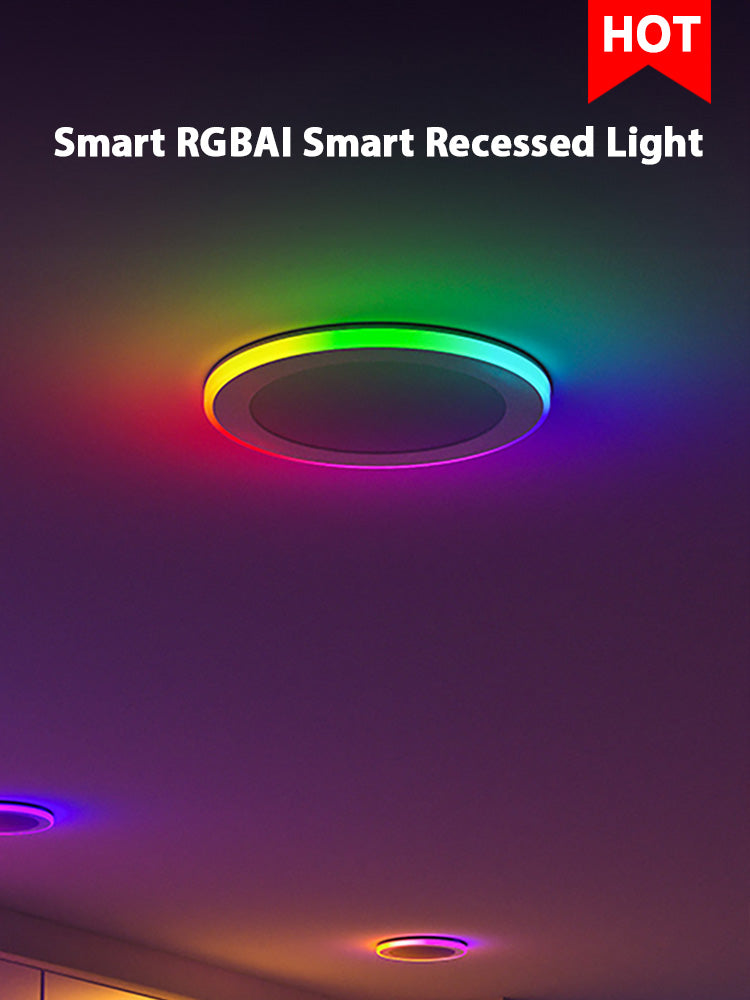Imagine enhancing your home's exterior with captivating outdoor up lights, transforming it into a nighttime masterpiece. Outdoor uplighting strategically highlights architectural features, creating a welcoming ambiance while boosting security. By illuminating specific areas with outdoor up lights, you not only elevate the beauty of your home but also deter potential intruders, making your property safer. Studies show that homes with security lighting are 50% less likely to be targeted by burglars. Mastering the art of outdoor uplighting allows you to enjoy both the aesthetic charm and the peace of mind that comes with a beautifully illuminated and secure home.
Understanding Outdoor Uplighting

What is Outdoor Uplighting?
Definition and purpose
Outdoor uplighting involves placing lights at ground level to shine upwards, highlighting architectural features, trees, or other elements in your yard. This technique transforms your home's exterior into a stunning visual display after dark. By using outdoor up lights, you can create dramatic effects that enhance the beauty of your property.
Benefits of using uplighting
Using outdoor up lights offers several advantages. First, they improve your home's curb appeal by accentuating its best features. Second, they increase safety by illuminating pathways and deterring potential intruders. Third, they provide flexibility in design, allowing you to change the mood and ambiance with different lighting setups. With options like LED uplights, you also benefit from energy efficiency and long-lasting performance.
Types of Uplighting Techniques
Spotlights
Spotlights are a popular choice for outdoor uplighting. They focus a narrow beam of light on specific features, such as statues or trees. This creates a focal point in your landscape, drawing attention to the most beautiful parts of your yard. Spotlights are versatile and can be adjusted to achieve the desired effect.
Floodlights
Floodlights cover a broader area with light, making them ideal for illuminating large sections of your home or garden. They provide a wash of light that enhances the overall visibility and security of your property. Floodlights are perfect for highlighting wide walls or expansive garden areas.
Well lights
Well lights are installed flush with the ground, offering a subtle and sleek lighting option. They are excellent for illuminating pathways or the base of trees without obstructing the view. Well lights create a soft glow that adds elegance to your outdoor space.
Choosing the Right Lighting for Your Home
Factors to consider
When selecting outdoor up lights, consider the size and layout of your yard. Think about the features you want to highlight and the mood you wish to create. The brightness and beam angle of the lights should match your intended effect. Also, choose durable and weather-resistant fixtures to ensure longevity.
Matching lighting to home architecture
Your home's architectural style plays a crucial role in choosing the right outdoor up lights. For a modern home, cooler tones and sleek fixtures might be more suitable. In contrast, a traditional home may benefit from warmer tones and classic designs. The Blue Hopper Uplighting System offers app-controlled lighting that can adapt to various styles, providing both movement and static options to suit your needs.
By understanding these aspects of outdoor uplighting, you can make informed decisions that enhance your home's beauty and security. Whether you opt for spotlights, floodlights, or well lights, the right choice will transform your outdoor space into a captivating nighttime retreat.
Planning Your Uplighting Design

Assessing Your Outdoor Space
Identifying key features to highlight
Start by taking a good look at your outdoor space. What stands out? Maybe it's a majestic tree or a charming garden path. Identifying these key features helps you decide where to place your uplights. Highlighting architectural elements like columns or textured walls can enhance your home's aesthetic appeal. By focusing on these areas, you create a dramatic or subtle ambiance that transforms your property into a visual delight.
Considering landscape and architecture
Your landscape and architecture play a big role in your uplighting design. Consider the height and complexity of your home's design. Multilevel designs benefit from uplighting as it emphasizes height and adds depth. Think about how the light interacts with your landscape. Trees, shrubs, and water features can all be accentuated with the right lighting, creating a cohesive and inviting outdoor environment.
Creating a Lighting Plan
Sketching a layout
Grab a piece of paper or use a digital tool to sketch your outdoor space. Mark the areas you want to highlight. This visual plan helps you see how the lights will interact with your space. It also ensures you don't miss any important features. A well-thought-out layout guides you in placing the lights effectively, ensuring each element gets the attention it deserves.
Selecting appropriate fixtures
Choosing the right fixtures is crucial. Spotlights, floodlights, and well lights each serve different purposes. Spotlights focus on specific features, while floodlights cover larger areas. Well lights offer a subtle glow for pathways. Consider the style of your home when selecting fixtures. Modern homes might benefit from sleek designs, while traditional homes may look best with classic fixtures. Durable and weather-resistant options ensure your lights last through the seasons.
Budgeting for Your Project
Estimating costs
Budgeting is an essential step in your uplighting project. Start by estimating the costs of fixtures, installation, and maintenance. Prices vary based on the type and quality of lights you choose. Don't forget to factor in any additional materials you might need, like extension cables or mounting hardware. Having a clear budget helps you manage expenses and avoid surprises.
Cost-effective solutions
Looking for ways to save? Consider energy-efficient options like LED uplights. They consume less power and have a longer lifespan, reducing long-term costs. DIY installation can also cut expenses if you're comfortable with basic electrical work. Explore different brands and compare prices to find the best deals. With a bit of planning, you can achieve a stunning uplighting design without breaking the bank.
By carefully planning your uplighting design, you ensure that your outdoor space not only looks beautiful but also functions effectively. Whether you're highlighting architectural features or creating a welcoming ambiance, a well-executed plan makes all the difference.
Installation and Maintenance
Installing Uplighting Fixtures
Tools and materials needed
Before you start installing your uplighting fixtures, gather the necessary tools and materials. You'll need:
-
Uplighting fixtures: Choose the type that suits your design, like spotlights or well lights.
-
Power source: Ensure you have a reliable outdoor power outlet.
-
Extension cords: These help reach distant areas.
-
Mounting hardware: Clips or stakes to secure the lights.
-
Screwdriver and drill: For mounting and securing fixtures.
-
Wire connectors: To safely join wires.
-
Weatherproof sealant: Protects connections from moisture.
Having these items ready makes the installation process smoother and more efficient.
Step-by-step installation guide
-
Plan your layout: Refer to your lighting plan. Mark where each fixture will go.
-
Prepare the site: Clear debris and ensure the ground is stable.
-
Install fixtures: Use stakes or clips to secure the lights. Adjust the angle for the desired effect.
-
Connect wiring: Use wire connectors to join wires. Apply weatherproof sealant for protection.
-
Test the system: Plug in the lights. Check each fixture for proper function.
-
Adjust as needed: Fine-tune the angles and positions for optimal lighting.
By following these steps, you can achieve a professional-looking installation.
Maintaining Your Uplighting System
Regular checks and cleaning
Regular maintenance keeps your uplighting system in top shape. Here's how:
-
Inspect fixtures: Check for damage or wear. Replace any faulty parts.
-
Clean lenses: Remove dirt and debris. This ensures maximum light output.
-
Check connections: Ensure wires are secure and free from corrosion.
-
Trim foliage: Keep plants from obstructing the light.
Routine checks prevent issues and prolong the life of your system.
Troubleshooting common issues
Even with regular maintenance, problems can arise. Here’s how to tackle them:
-
Light not working: Check the power source and connections. Replace bulbs if necessary.
-
Flickering lights: Tighten connections. Ensure the power supply is stable.
-
Water damage: Inspect seals and replace damaged parts. Ensure fixtures are weatherproof.
Addressing these issues promptly keeps your uplighting system running smoothly.
Marco Picano, a landscape architecture expert, emphasizes the importance of proper installation and maintenance. He says, "A well-maintained uplighting system not only enhances curb appeal but also ensures safety and longevity." By following these guidelines, you can enjoy a beautifully lit exterior for years to come.
Mastering outdoor uplighting transforms your home into a stunning nighttime spectacle. You enhance curb appeal, boost security, and create a welcoming atmosphere. As you experiment with different lighting designs, remember to personalize them to reflect your unique style.
Mike: "Your lighting makes a big difference to our landscape! The new lighting is dramatically pleasing, and I know we will enjoy it for years to come."
Embrace the art of uplighting to make your home not just a house, but a beautifully illuminated haven that stands out both day and night.


